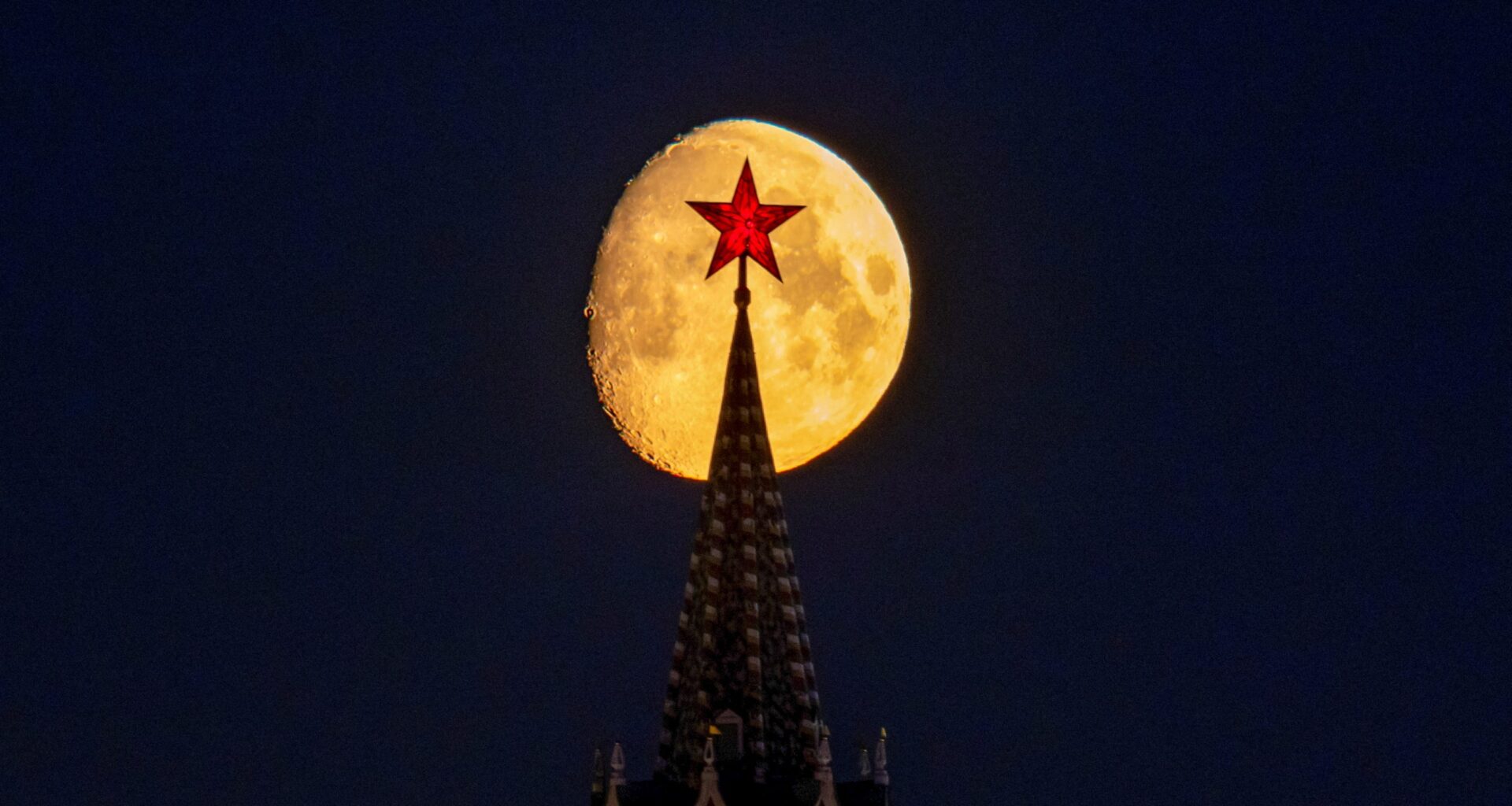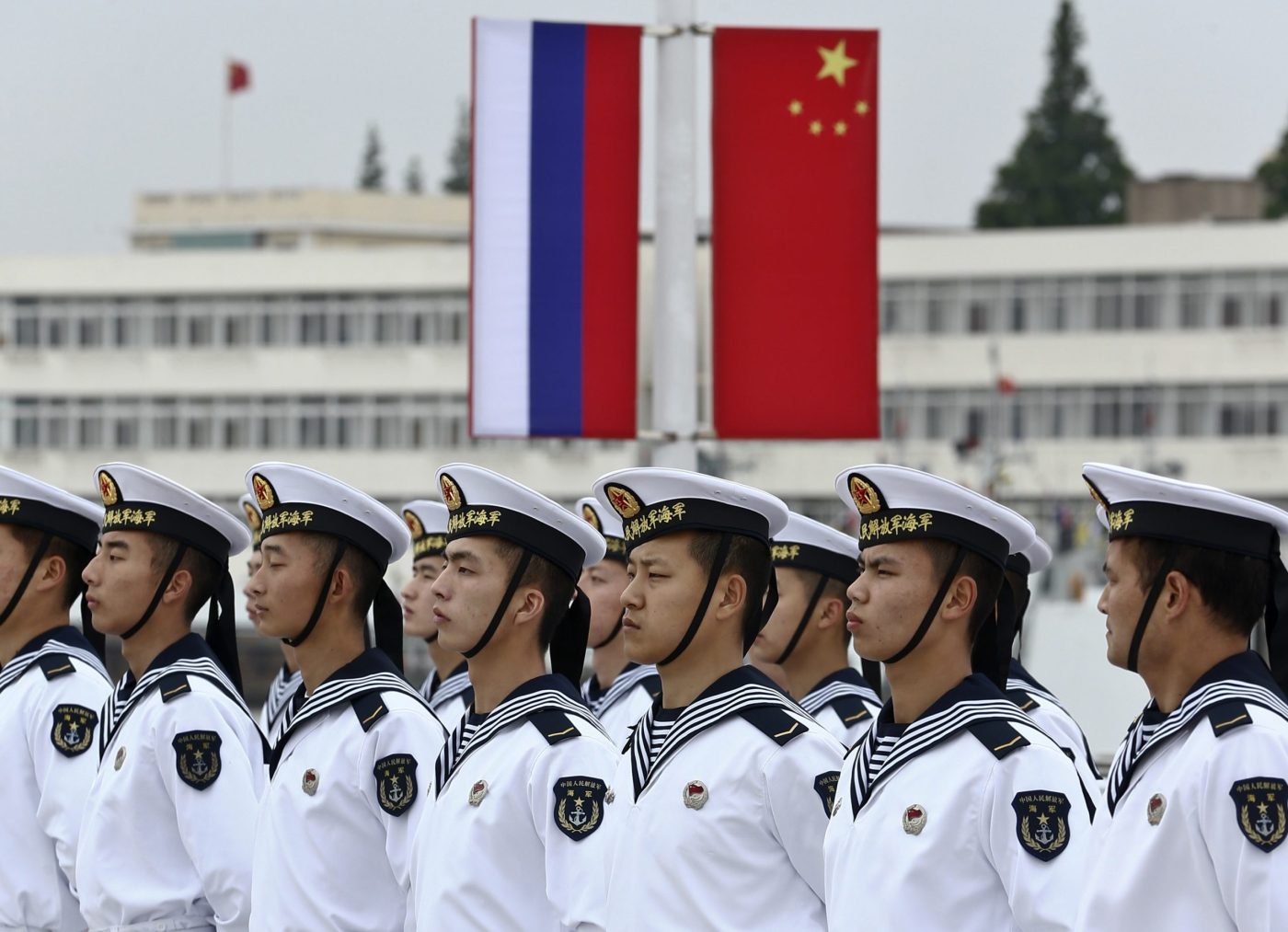Negotiations between the US and Russia have for years been characterized by a strange fascination with the Kremlin’s men. American diplomats from all political backgrounds sometimes seem entranced by Moscow’s hardmen, with their well-tailored Western clothing, membership of or proximity to the spy agencies, and casual disdain for the truth.
This is absolutely critical at a time when the two sides are discussing the future of Ukraine, often without any representative from that country or from the European nations that now almost unilaterally finance the Ukrainian war effort.
And while the Trump administration is accused of being played by Moscow — by Putin personally, and by his diplomats — much the same accusation can be levelled at earlier administrations. Who now remembers President Obama’s Russia “reset” without cringing?
For a long time, Russian diplomats — many of whom began their careers in the Soviet Union — have been treated with respect, even reverence, in the West. Some Western diplomats confessed to these authors that they admired Putin’s foreign minister, Sergey Lavrov, for his experience and unparalleled knowledge of diplomatic treaties.
A 2013, a New York Times profile of Lavrov was headlined: “Veteran Diplomat Fond of Cigars, Whiskey and Outfoxing US.” That headline might have sounded dubious to an American audience, but it was quite flattering to an old-school Russian diplomat who had always sought to project a macho image.
The article claimed that Lavrov had done his job “so effectively that it has earned him the nickname ‘Minister Nyet’” — a nickname originally appended to Andrei Gromyko, the Soviet foreign minister known for overusing the USSR’s veto power at the UN. Lavrov, a sincere admirer of Gromyko, must have loved the comparison.
When Vitaly Churkin, Russia’s representative to the UN, suddenly died in 2017, his American counterpart, Samantha Power, called him “one of the world’s most effective diplomats.” She wrote in The New York Times: “Vitaly was a masterful storyteller with an epic sense of humor, a good friend, and one of the best hopes the United States and Russia had of working together.”
This, remember, was the same Churkin who outright denied any Russian involvement in the downing of flight MH17 over Ukraine in 2014, killing 298 people, a crime for which copious and compelling evidence existed.
A new book, SWAP: A Secret History of the New Cold War, written by Wall Street Journal reporters Drew Hinshaw and Joe Parkinson, offers a rare glimpse into what Russian diplomacy actually looks like on the inside.
Get the Latest
Sign up to receive regular emails and stay informed about CEPA’s work.
It’s no secret that negotiations between the US and Russia in the 21st century have not been a success story — except in one area, where the two countries engaged in the most sensible and nastiest business of all: trading people’s lives, or hostage diplomacy, as the SWAP authors call it.
The two Journal journalists gained unprecedented access to the dark side of hostage diplomacy, not least because a colleague of theirs, Evan Gershkovich, was one of those hostages Moscow had held. They approached the task professionally, gathering as much insight as possible.
What quickly becomes clear from the book is that Russian career diplomats had no role in this diplomacy at all. In this space, American officials, from SPEHA (Special Presidential Envoy for Hostage Affairs) Roger Carstens to Jake Sullivan, Biden’s national security adviser, were forced to deal with representatives of only one organization: the FSB, Russia’s Federal Security Service, the main successor to the KGB.
That’s how the book describes a meeting of American diplomats at the Russian Foreign Ministry in 2020, which began the talks to free two Americans, Paul Whelan and Trevor Reed, from of Russian jail:
“Behind a long conference table sat a row of Russian diplomats, all of them deferring to the man leading the meeting, a spy chief who had spent his life in the shadows. The elegantly dressed FSB officer reached out with a wide smile and a warm handshake. If the US wanted to free its prisoners held in Russia, it was going to have to talk to Col. Gen. Sergei Beseda.”
Beseda, at the time the head of the infamous Fifth Service of the FSB, was also the man later charged with (disastrously complacent) briefings to the Russian president about the political situation in Ukraine on the eve of the full-scale invasion of Ukraine in 2022.
The FSB generals, it turned out, were the people who not only called the shots in hostage diplomacy — they also set the rules of the game. For instance, SWAP describes a crucial shift in the Kremlin’s strategy to free Putin’s favored assassin, Vadim Krasikov, from a German prison:
“The Kremlin was going to have to find another way to free Krasikov. In the third week of March, Putin dialed into a video call with yet another spy chief offering a plan, the FSB’s head of counterintelligence, Vladislav Menschikov.
This time, Menschikov outlined a more radical strategy, an escalation that would force the enemy into an unwinnable position. The DKRO unit of counterintelligence under his command would put together a plan to arrest an American journalist.”
The SWAP authors name three FSB generals directly involved in hostage strategy: Nikolai Patrushev, then head of Russia’s Security Council and former head of the FSB; Vladislav Menschikov; and Beseda.
Only one — Beseda — had any role in operations abroad. But it is also significant is that Beseda had previously served in the FSB’s counterintelligence branch, the same DKRO unit tasked with countering American espionage on Russian soil.
In other words, the main players on the Russian side were not diplomats or traditional spies — they were counterintelligence officers, trained to ruthlessly hunt down American agents according to “Moscow rules” – i.e., rules developed by the KGB for the Soviet Union, once considered the world’s most formidable counterintelligence regime.
Is the FSB’s growing role in diplomacy an institutional development — or just another product of Putin’s rule?
It’s hard to believe that many Western diplomats were naive enough not to understand that being a “good Russian diplomat” meant never having principles of your own, as Michael McFaul has put it.
And cooperating with the security services has always been part of the job — long before Putin. Soviet and Russian diplomat Valentin Moiseev, a director of a Department in the Foreign Ministry in the 1990s, once explained to these authors the foundations of cooperation between diplomats and the KGB. The Extraordinary Commission (the first Soviet secret service) was described by its founder, Felix Dzerzhinsky, as “a combat squad of the Party.” According to Moiseev, since all Soviet diplomats were Party members, they were required to assist the Party’s combat squad.
“There was no choice: either you help the KGB, or you don’t work in the Foreign Ministry,” Moiseev told us.
This tradition, as SWAP well illustrates, has only become more exaggerated under Putin. If that now involves taking hostages, innocent of wrongdoing but guilty of holding the wrong passport, then so be it. That’s just part of his game.
Irina Borogan and Andrei Soldatov are Non-resident Senior Fellows with the Center for European Policy Analysis (CEPA). They are Russian investigative journalists and co-founders of Agentura.ru, a watchdog of Russian secret service activities. Their book ’Our Dear Friends in Moscow, The Inside Story of a Broken Generation’ by Irina Borogan and Andrei Soldatov was published in June.
Europe’s Edge is CEPA’s online journal covering critical topics on the foreign policy docket across Europe and North America. All opinions expressed on Europe’s Edge are those of the author alone and may not represent those of the institutions they represent or the Center for European Policy Analysis. CEPA maintains a strict intellectual independence policy across all its projects and publications.
Europe’s Edge
CEPA’s online journal covering critical topics on the foreign policy docket across Europe and North America.

